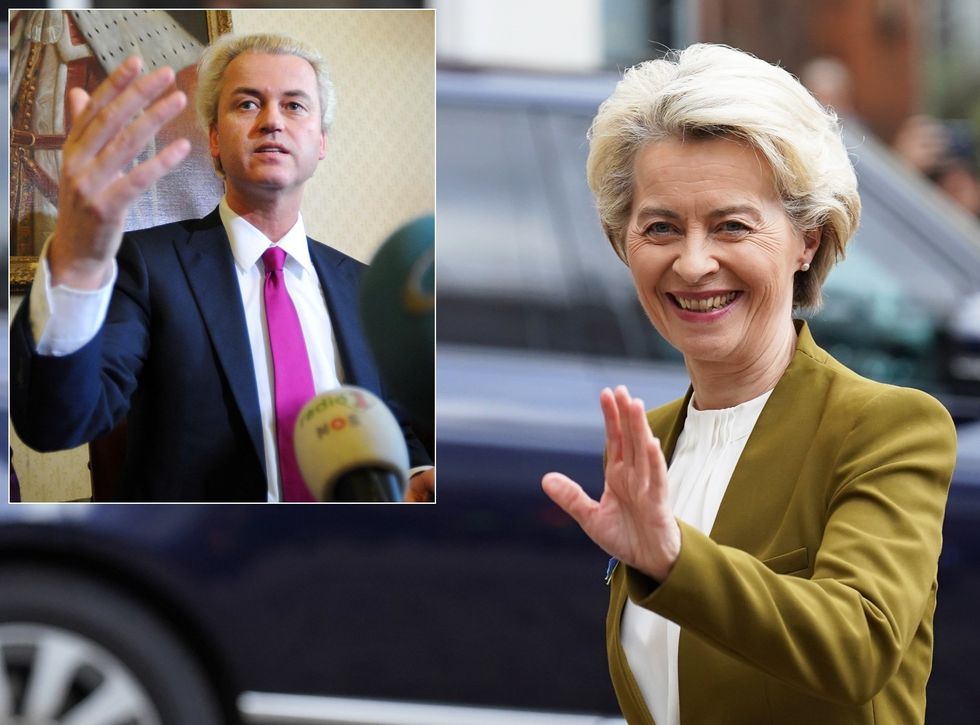There's a populist wave sweeping Europe... and it's changing the entire political landscape - analysis by Millie Cooke

The growth of populist parties in the EU is already steering the bloc from within
Don't Miss
Most Read
It's no secret that there has been a drastic rise in support for populist parties in Europe - on both the left and the right.
Since 2020, support for challenger parties has grown drastically.
But what exactly does the data say about how it has impacted European politics as a whole?
A recent study conducted by more than one hundred political scientists across 31 European countries has an answer.

It's no secret that there has been a drastic rise in support for populist parties in Europe - on both the left and the right
|PA
It shows that, in 2022, approximately 32 per cent of people living in Europe voted for "anti-establishment" parties.
Look at the early 2000s, and this figure was around 20 per cent. In the early 1990s, it was around 12 per cent.
But what does this mean for the European political landscape?
The analysis, conducted by Solace Global, argued that the rise of "both far-right and far-left political parties in Europe over recent years has significantly complexified and energised the political landscape on the continent".
Notably, it argues that the success of populist parties on the national stage could have a detrimental impact on the functioning of the European Union, saying that these anti-establishment parties could "impede the advancement of broader European plans, policies, and initiative".
It adds: "Traditionally, these parties have held strong anti-EU sentiments, prioritising nationalism over deeper European integration and rejecting globalisation.
"Instances of this sentiment include calls for countries to secede from the bloc, as exemplified by the UK’s United Kingdom Independence Party (UKIP), whose increasing support played a pivotal role in the Brexit referendum.
"With a few exceptions, most Eurozone populists no longer advocate for an exit from the EU and instead aim to influence the union's course from within.
"There is a distinct possibility that populist groups will achieve greater success within the EU, extending beyond their impact on the domestic front, particularly with a European election scheduled in 2024."
But the wave of populist parties sweeping Europe isn't just a hypothetical. The impacts have already been seen.
Despite introducing a swathe of EU-wide migration measures earlier this year, the bloc is facing growing demands from more than half of its member states to allow them to control their own migration policies and asking for the right to introduce Rwanda-style deportation schemes.
Meanwhile, today the new coalition in the Netherlands said it will opt out of EU rules in order to bring in its "strictest-ever" asylum policy.
The Dutch government said their asylum policy would see people removed from the country "by force" - a move which is likely to ruffle feathers within the EU.
Clearly, the growth of populist parties in the EU is already steering the bloc from within.
Once the EU goes to the polls once again later this year, there's a high chance its impacts will only get more significant.











